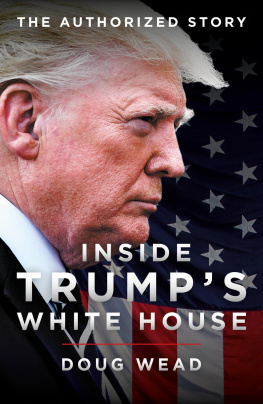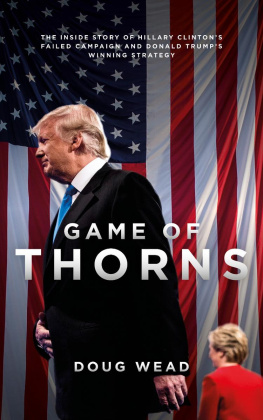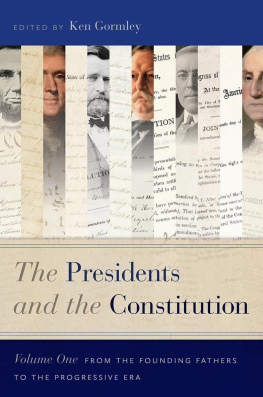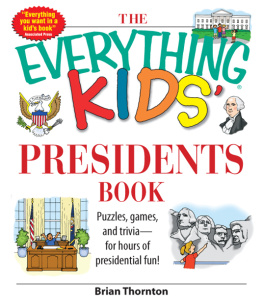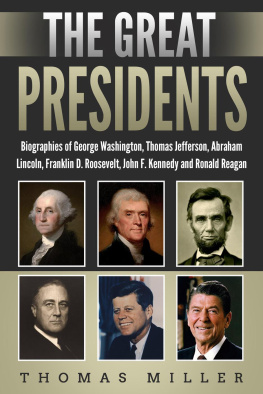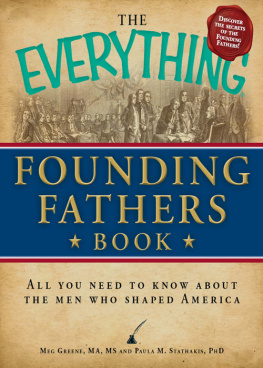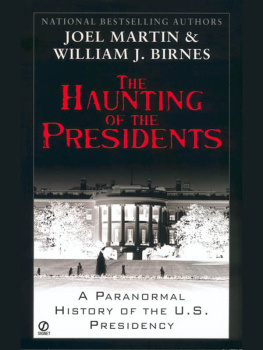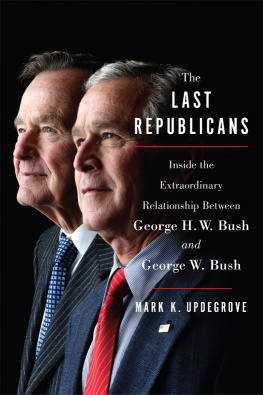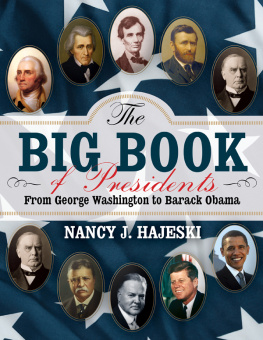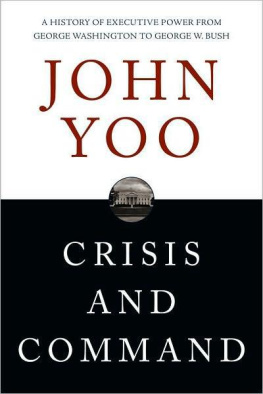ALL THE PRESIDENTS CHILDREN
TRIUMPH AND TRAGEDY
IN THE LIVES OF
AMERICAS FIRST FAMILIES
DOUG WEAD
ATRIA BOOKS
NEW YORK LONDON TORONTO SYDNEY
Praise for All the Presidents Children
[A] must-read for students for politicians who try to rear children, and for the publishers and writers who may try to exploit them.
Weekly Standard
[G]ood fun to read. All the Presidents Children [will] amuse and inform White House watchers and students of political history.
Kirkus Reviews
[A] definitive work on the subject.
The Washington Times
Doug Weads compelling book captures the human side of presidential history. It also shrinks presidents down to the rest of those who can identify with Woodrow Wilsons lament: From my daughters I have learned what every parent knows of himselfthat I do not know how to raise children.
Saturday Evening Post
Perfect! This is the perspective that has been missing. One sees the presidents through a whole new light.
Dave Weldon, U.S. Congressman, Florida

ATRIA BOOKS
1230 Avenue of the Americas
New York, NY 10020
Copyright 2003 by Doug Wead
All rights reserved, including the right to reproduce this book or portions thereof in any form whatsoever.
For information address Atria Books, 1230 Avenue of the Americas, New York, NY 10020
eISBN-13: 978-0-743-45139-0
ISBN-13: 978-0-7434-4633-4 (Pbk)
ISBN-10: 0-7434-4633-X (Pbk)
First Atria Books trade paperback edition January 2004
10 9 8 7 6 5 4 3 2
ATRIA BOOKS is a trademark of Simon & Schuster, Inc.
Printed in the U.S.A.
www.SimonandSchuster.com
For information regarding special discounts for bulk purchases, please contact Simon & Schuster Special Sales at 1-800-456-6798 or business@simonandschuster.com.
TO MY CHILDREN SHANNON, SCOTT, JOSHUA, CHLO, CAMILLE
CONTENTS

 Preface
PrefaceOne of the worst things in the world is being the child of a President. Its a terrible life they lead.
FRANKLIN DELANO ROOSEVELT
SHORTLY AFTER THE 1988 ELECTION I sat with my boss, George W. Bush, in his office at campaign headquarters on Fourteenth Street only three blocks from the White House. As a liaison to coalitions during the campaign I had learned to read the various moods of George W. as we called him. His father had just won the presidency and, in a few days, the whole tedious and cumbersome business of a presidential transition would be charging into high gear.
So what happens now? he asked, leaning back in his chair and kicking his feet up on the desk. It was a rhetorical question, but it was nonetheless an unusual moment for a man who seldom took time for self-reflection. He was not sticking around Washington; that much had been settled. He was going back to Texas and a life of his own.
Want me to do a paper on presidential children? I asked.
Sure, he said. He later told me that he thought no more about it. He certainly did not commission a study on presidential children, as some news sources later claimed. I was offering a free memorandum, and he was accepting a free offer. That was all. As part of the campaign staff, I had churned out a thousand pages for his father, why not a few for him?
The forty-four page report was completed within three weeks and it was deeply troubling. Research showed that being related to a president brought more problems than opportunities. There seemed to be higher than average rates of divorce and alcoholism and even premature death. Some presidential children seemed bent on self-destruction.
Within days my 1988 report to George W. Bush, the son of the new president-elect, was secreted away in a confidential file, never intended to see the light of day, but the stories I had found continued to haunt me. The expectations set by the public for presidential childrenand by the presidential children themselveswere murderously high. Eleven years after I put away my report, John F. Kennedy, Jr., and his wife disappeared while piloting a plane over the Atlantic. Yet another presidential child had died too soon.
On the bright side, one encountered an expansive oasis in this bleak landscape. Presidential children had written dozens of books, led armies, founded some of Americas greatest corporations, helped build some of her finest educational institutions, and worked tirelessly to correct social and political injustice. Lyon Tyler was the president of the College of William and Mary. James Garfield led Williams College in Massachusetts. Helen Taft Manning became dean of Bryn Mawr College when she was only twenty-five years old, and fought tirelessly for the rights of working women. James Webb Hayes and Robert Todd Lincoln were among the few exceptions to the curse of the presidential child in business. Both were hugely successful. Hayes founded what eventually became the Union Carbide Corporation. The daughters of Woodrow Wilson battled for woman suffrage and for safer working conditions for female factory workers. There were many great writers, especially in recent years, as evidenced by Margaret Trumans popular murder mysteries, John Eisenhowers critically acclaimed tome, The Bitter Woods, and Caroline Kennedys scholarly, reader-friendly books on the Bill of Rights and the right to privacy.
If premature death took the lives of far too many presidents children in early American history, that too was changing dramatically. Before the administration of Ulysses S. Grant, a presidential child could expect to die nine years before the general public, notwithstanding the educational and nutritional advantages a presidential child enjoyed. But after the Grant administration, a presidential child would actually outlive the public by six and a half years.
Some of the presidents childrens greatest achievements were in government and politics. Eight were elected to congress. Eleven presidents sons served in cabinet or subcabinet positions in administrations other than their fathers. Many served ably as ambassadors, such as Charles Francis Adams who, during the Civil War, skillfully negotiated behind the scenes in London to cut off British support to the Confederacy and keep them from entering the war. The poet James Russell Lowell said that not even Grant himself had done the Union a better service than the Adams son, toiling away in his isolation in London. Robert Taft was nominated for the presidency three times at Republican National Conventions. Of course, John Quincy Adams, son of the second president, was elected to the White House himself, as was Benjamin Harrison, the grandson of the ninth American president.
Still, the news was overwhelmingly dark, at least compared to the bright and sunny optimism that permeated the 1988 postelection world of George W. Bush, the new presidents firstborn son. When I presented my report he was predictably unimpressed. And I was not surprised. Like Kiplings man, he tended to be skeptical of news that was either too good or too bad; they were both imposters. I knew very well that my own amazement with the project would be a turnoff. The whole Bush family is understated. George W. cannot be stampeded into anything. The idea of a historical curse would not prompt the slightest curiosity or alarm. History could not easily threaten his life. This was particularly so because his self-esteem was inspired within and through his immediate family. Success was measured in terms of ones moral fiber and sense of duty, not by some material measurement of achievement, or money, or title. Fear normally relates to loss. And the only thing that George W. Bush feared losing was his integrity, and that was in his own hands.


